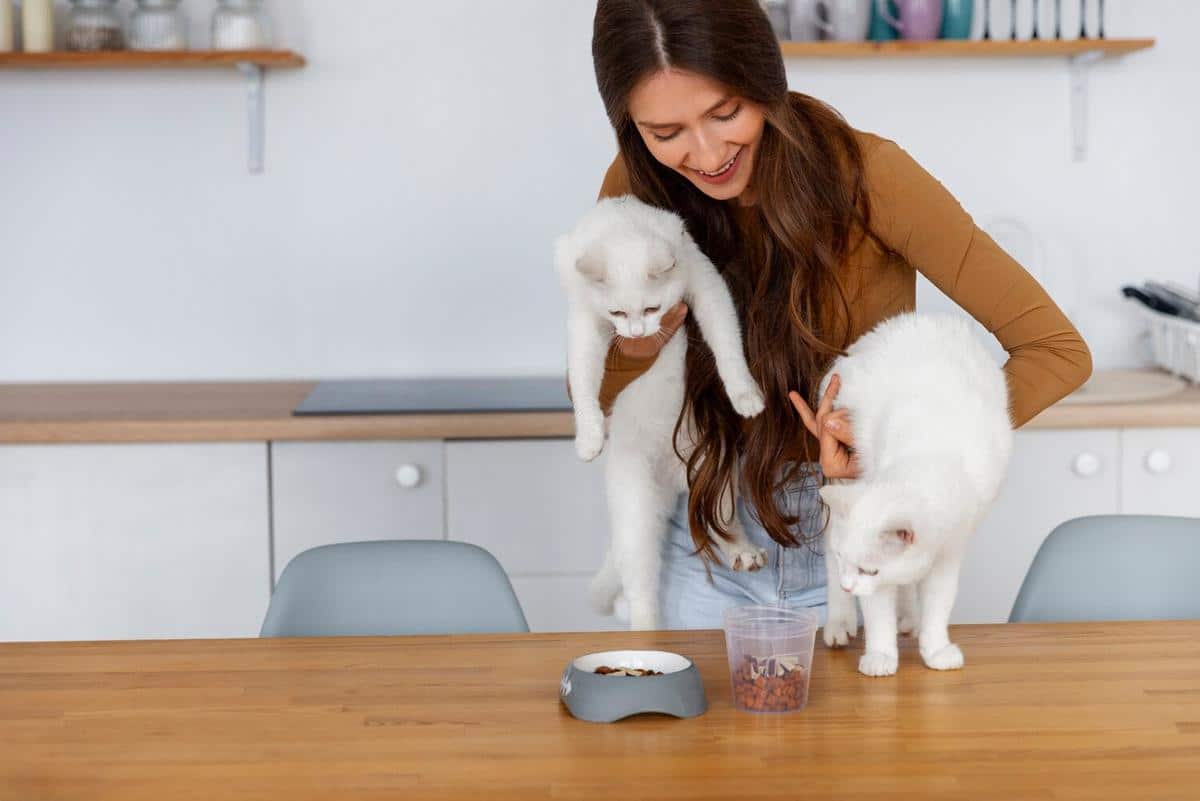
Balancing Diet: Understanding Cat Nutritional Needs
Cats are not just small dogs when it comes to nutrition; they have unique dietary needs that require careful consideration to ensure they remain healthy and vibrant.
Understanding Cat Nutritional Needs
Cats are obligate carnivores, meaning their diet must primarily consist of meat. Unlike omnivores, cats rely on nutrients found in animal tissues to meet their dietary requirements. This makes understanding their nutritional needs crucial for every cat owner.
Expert Opinions and Research
Dr. Julie Churchill, a veterinary nutritionist, emphasizes that proteins and fats are essential for a cat’s diet. According to a study published in the Journal of Animal Physiology and Animal Nutrition, the ideal diet for a domestic cat consists of about 52% protein, 36% fat, and 12% carbohydrates.
Key Nutrients for Cats
| Nutrient | Importance |
|---|---|
| Protein | Supports growth and repair of tissues. |
| Taurine | Essential for heart health and vision. |
| Fatty Acids | Promote a healthy coat and skin. |
| Vitamins A & D | Support vision and immune function. |
| Calcium | Strengthens bones and teeth. |
| Phosphorus | Works with calcium to maintain bone health. |
| Water | Vital for hydration and organ function. |
| Carbohydrates | Provide energy but should be limited. |
Feeding Tips for Optimal Health
- Choose a high-quality, meat-based cat food.
- Ensure fresh water is always available.
- Avoid feeding your cat dog food or vegetarian diets.
- Monitor your cat’s weight and adjust portions accordingly.
- Incorporate wet food for additional moisture.
Consult with a veterinarian to tailor your cat’s diet to their specific health needs and life stage.
Real-Life Example
Emily, a cat owner, noticed her cat, Luna, was losing weight and seemed lethargic. After consulting her vet, she switched Luna to a high-protein diet and saw noticeable improvements in her cat’s energy levels and coat condition.
Frequently Asked Questions
What should be the primary ingredient in cat food?
Meat should be the primary ingredient to meet their carnivorous needs.
Can cats eat grains?
While some cats can tolerate grains, they should not be a significant part of the diet.
How often should I feed my cat?
Feeding twice a day is generally recommended, but consult with your vet for personalized advice.
Is raw food diet suitable for cats?
A raw food diet can be beneficial but must be carefully balanced and hygienically prepared.
Conclusion
Understanding and meeting the nutritional needs of your cat is essential for their overall health and well-being. By focusing on a balanced diet rich in proteins and essential nutrients, you can help your feline friend thrive. Don’t hesitate to consult with a veterinarian to ensure you are providing the best possible nutrition for your pet.


